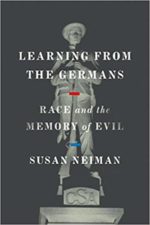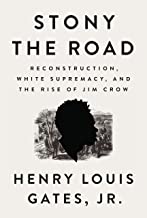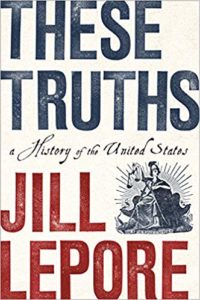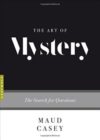What are you reading?
It’s the question I love most to ask–the best way into a conversation, or a roomful of strangers–and the one I find myself most often flummoxed by when asked. I am reading all the time, but somehow forget the names of everything the minute I have to answer. So, in the interest of getting the conversation going, and keeping a record for myself, here are the books, and articles/interviews that I’m not only reading, but recommending–and, in many cases, am simply ordering copies and sending them to friends, whether they’ve asked for them, or not!
(2020) Articles/Essays
Two that really struck me during the pandemic lockdown:
Hisham Matar, Something Happens When You Fall, here
Noelle Oxenhandler, Fall From Grace, Read it here
Two that opened up my thinking during the summer of protests:
Zadie Smith, What Do We Want History to Do to Us, Read it here
Hari Kunzru, The Wages of Whiteness, Read it here
(2019)
Articles/Essays
Zadie Smith, Fascinated to Presume: In Defense of Fiction
Michele Norris, Do Not Trifle with This History Read it here
Drew Gilpin Faust, Carry Me Back: Race, History and Memories of a Virginia Childhood Read it here
Keese Lemon, That’s Not Actually True Read it here
A.O. Scott, Review of “Did You Wonder Who Fired the Gun?” Read it here
Alongside the research I’m diving into as I begin my next novel, (Tim Weiner’s two substantive histories of the CIA, Legacy of Ashes, and the FBI, Enemies, for starters) these were the books I’ve been reading, all of them centering around how to more clearly see the throughlines between past histories and present conditions, and all of them begging the question: once we see, what do we do? 
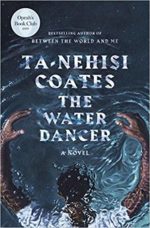

Praire Fever, Michael Parker
 I can’t stop thinking about this book about two sisters and their schoolteacher in 1917, in Oklahoma. The sisters ride four miles to their one room schoolhouse every day in the middle of winter, wrapped and pinned in a blanket to keep them warm, the horse knowing the way. A story of the secret language of sisters, of longing for a life beyond the confines of your family, of love, of the sorrow of typhoid deaths, of farm poverty, and above all of the immense beauty of the prairie, the wide open sky and land, this may be one of the most moving, perfect novels I’ve read in a long time. Indescribable, really–but essential, like all great books.
I can’t stop thinking about this book about two sisters and their schoolteacher in 1917, in Oklahoma. The sisters ride four miles to their one room schoolhouse every day in the middle of winter, wrapped and pinned in a blanket to keep them warm, the horse knowing the way. A story of the secret language of sisters, of longing for a life beyond the confines of your family, of love, of the sorrow of typhoid deaths, of farm poverty, and above all of the immense beauty of the prairie, the wide open sky and land, this may be one of the most moving, perfect novels I’ve read in a long time. Indescribable, really–but essential, like all great books.
As I Lay Dying, William Faulkner
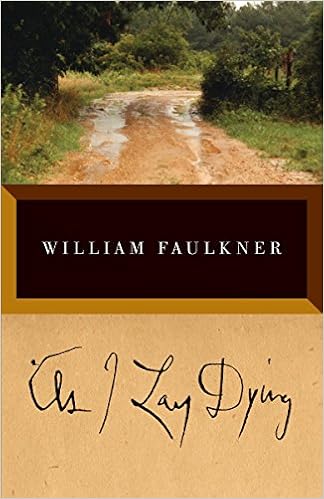
I have a friend who reads his book every year, to check back in, she says, and as I had never read it before, I dove in, and read straight for four early mornings in a row. It almost hurts, it’s so good. I’m not sure even what happens in some places, but–like early Cormac McCarthy–there is such brutal rapture in the prose and such terrible beauty in the love between characters, it didn’t matter.
Reconstruction: America’s Unfinished Revolution, 1863-1877, Eric Foner
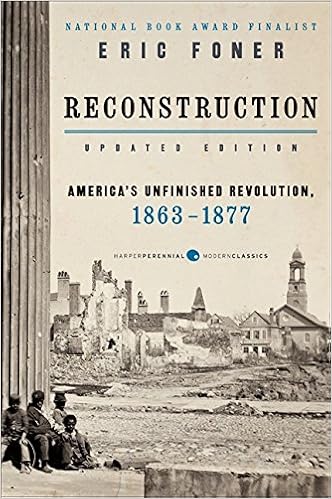
I started reading this massive history of Reconstruction as I was doing research for my next novel, and then, the further in I read, found myself reading it as a kind of tragic primer for how and why we seem to be asking the same kinds of questions of ourselves that the country was asking 150 year ago. Who do are we as a nation? And who do we want to be?
The Mere Wife, Maria Dahvana Headley
The Tin Man, Sarah Winman

Written with the miniaturist’s exacting eye, here is the story of one man’s path back to life after the death of his two closest companions. It is an anatomy of friendship, as much about the death blows we deal to each other in life and the ways we fall away from each other, as it is about how we keep each other’s lives alive.
Call Them by their True Names, Rebecca Solnit
 This is Solnit’s newest collection of essays. A great companion to Orwell’s Politics and the English Language, Solnit takes on what’s happening to language–political and cultural–since Trump took office.
This is Solnit’s newest collection of essays. A great companion to Orwell’s Politics and the English Language, Solnit takes on what’s happening to language–political and cultural–since Trump took office.
Red White Blue, Lea Carpenter

A new kind of spy novel, diffuse and meditative, centering around a daughter coming to terms with both her father’s undercover life as well as his death, and written as if Virginia Woolf had taken on Smiley’s isolation and imagined the psychological interior required.
The Art of Mystery: The Search for Questions, Maud Casey
Part of Graywolf’s Art of series, this is the book that explores what she calls the mystery in fiction–the ineffable, the untranslatable–what is essential and unnameable. Reading closely and thinking about work by Abani, Babel, Baldwin, Coetzee, Hempel and many others, Casey gave me new eyes to see what’s invisible and yet, always there.
White Fragility: Why it is so Hard for White People to talk About Race, Robin DiAngelo
A deep dive into the questions around whiteness: how are white people implicated in a system of white supremacy (what does white supremacy actually look like?), how do we deny our implication, how do we protect ourselves, how do we break free of that (blinding) self-protection.
